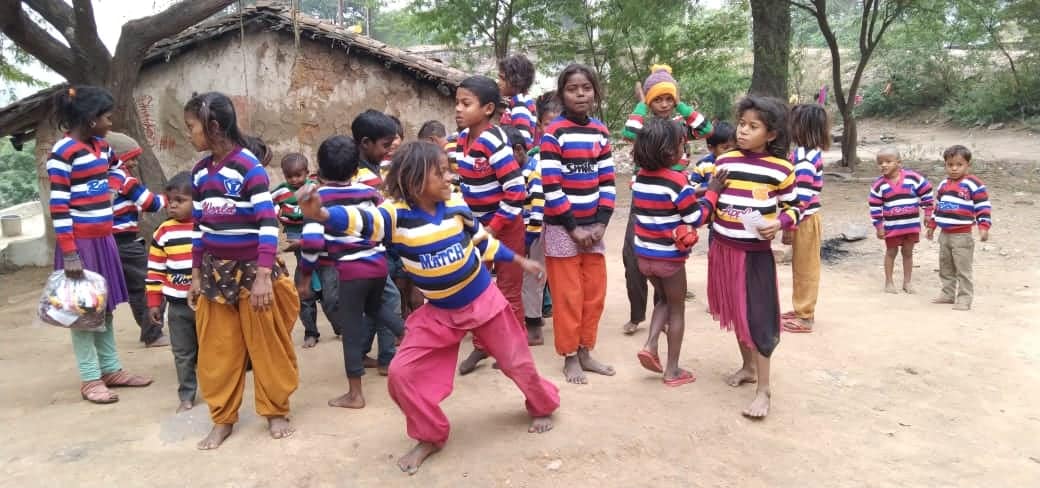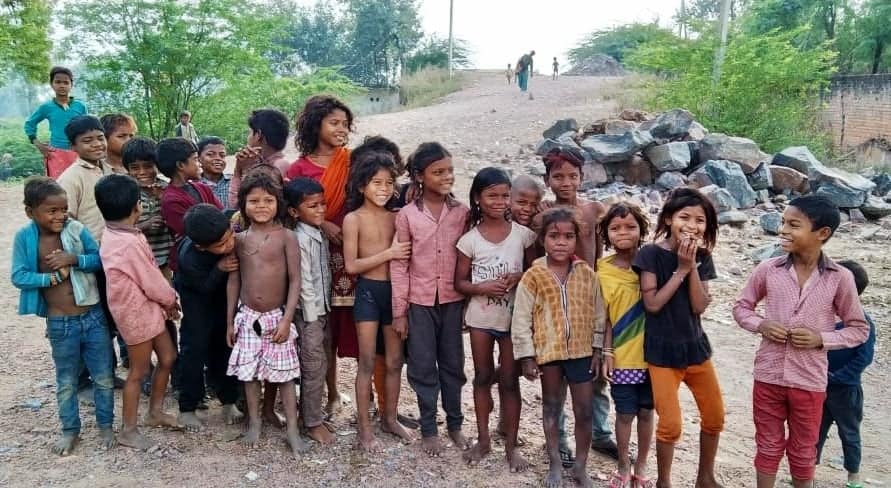Poverty and denial of basic needs to many fellow-citizens is an issue which should concern all of us. Governments have initiated many anti-poverty programs and they make very tall claims of reducing poverty. Yet the harsh reality is that after many years of such programs large-scale poverty continues to exist in rural as well as urban areas. In some contexts, poverty and denial of basic needs are even increasing. Problems relating to displacement of communities, depletion of water sources, spread of liquor vends in remote villages etc are increasing in many areas. Many trends in modern economy are disrupting traditional livelihoods and breaking the self-reliance of communities. More and more people are being devastated by largely man-made disasters. With the accentuation of climate change and related environmental problems, many types of distress and deprivations relating to non-fulfilment of basic needs and disruption of livelihoods are likely to increase in the near future.
In such a serious situation it is important that more and more citizens join efforts to reduce poverty. They should become more well-informed about the extent and causes of poverty and raise their voice against inequalities, exploitation and distorted priorities which are the basic cause of this poverty.
In addition they should get more directly involved in reducing distress and deprivation. They can establish closer contacts with deprived communities living near them and make a serious study in consultation with communities of various ways in which they can contribute to reducing their deprivation. Those citizens who do not have the time for this can establish contact with those honest organisations which are already engaged in similar work.

Then various citizens can decide to what extent they can contribute their savings to efforts to reduce deprivation. If a citizen earning Rs. 50,000 per month contributes only 1 percent of the income, then in one month he/she can contribute Rs. 6000 which can help to set up a grain bank in a village, or provide sweaters to the needy children of a small urban settlement.
Various initiatives can include setting up grain banks, organising community kitchens (which can be more difficult), distributing food kits (particularly during the lean season). Distributing new sweaters, blankets or quilts at the onset of winter, paying some of the poorest persons wages to take up water conservation and tree-planting/maintaining work (with wider, community level consultations).
All this work should be taken up in a situation of respecting the dignity of recipient people and communities.
A million small efforts of this kind can make a significant contribution to reducing poverty and deprivation.
Besides the obvious benefits to needy households this initiative will add a new heartwarming dimension to the life of donor citizens and make their life more meaningful.
The writer personally experimented with several such efforts such as setting up a grain-bank, distribution of food-kits and woollens etc in a well-planned way involving prior survey and consultation and in a spirit of respecting dignity of recipients. For example in an extremely poor village named Dafai of Chitrakut district, sweaters were provided to all children at the onset of winter after a survey to find proper number and size etc while food kits with woollens were provided to more selective needy families ( including victims of oppression) in another nearby place. In all such efforts heartwarming results were achieved. This has provided encouragement for expanding such efforts into a wider Citizens’ Campaign Against Poverty so that more and more friends who have strong feelings on this issue can help each other in such efforts at a much wider level.
A companion campaign should be to reduce consumption of liquor and other intoxicants at all levels. This will be useful in its own way and also act as a step complimenting the anti poverty campaign.
Bharat Dogra is a freelance journalist who has been involved with several social movements and initiatives. His recent book on survival issues and people’s response titled Planet in Peril has been published by Vitasta, Delhi.








